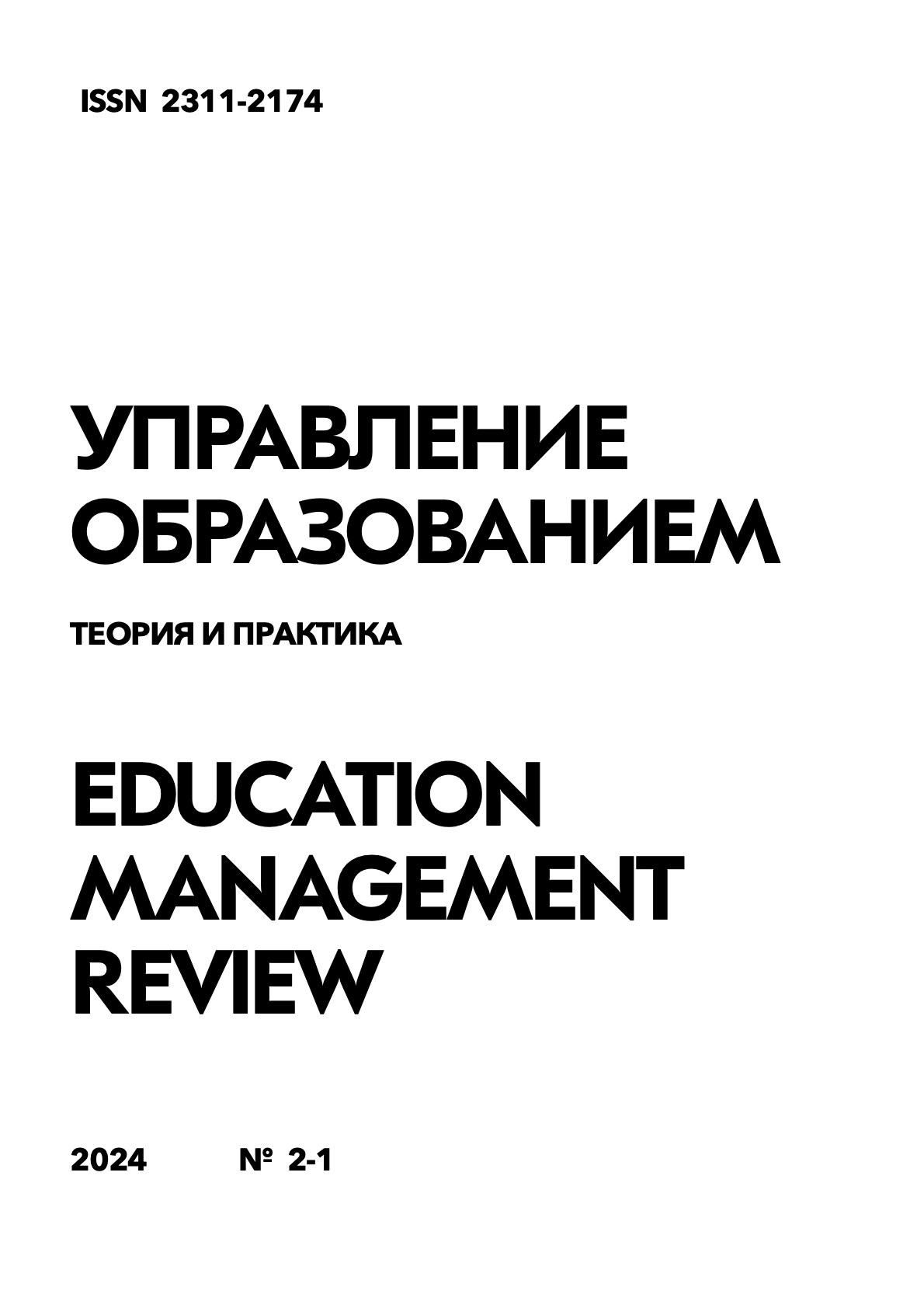The development of critical thinking among students of non-linguistic specialties in English classes: strategies and techniques
DOI:
https://doi.org/10.25726/n3958-7980-2469-eKeywords:
critical thinking, English, non-linguistic specialties, learning strategies, interactive methods, problem-based learning, authentic materialsAbstract
This article examines the problem of developing critical thinking among students of non-linguistic specialties in English classes. The relevance of this topic is due to the fact that in the modern world, characterized by the rapid development of information technology and globalization, critical thinking is becoming one of the key skills necessary for successful professional activity and personal growth. The purpose of the study is to identify effective strategies and techniques that contribute to the formation and development of critical thinking among students of non-linguistic specialties in the process of learning English. The research materials and methods include an analysis of the scientific literature on the development of critical thinking, as well as an empirical study conducted on the basis of three Russian universities (HSE, Lomonosov Moscow State University, St. Petersburg State University) in the period from September 2022 to May 2023. The study involved 150 students of 1-2 courses of non-linguistic specialties (economics, management, law, sociology). The research methods included questionnaires, testing, monitoring of the educational process, as well as statistical processing of the data obtained using the SPSS Statistics 23.0 program. The results of the study showed that the most effective strategies for developing critical thinking among students of non-linguistic specialties in English classes are: 1) the use of authentic materials (scientific articles, journalistic texts, video lectures) that stimulate analytical thinking and the ability to critically evaluate information; 2) the use of interactive teaching methods (discussions, debates, role-playing games, case studies) that develop argumentation, counterargument and decision-making skills in problematic situations; 3) the introduction of problem-based learning technology, which involves the creation of problematic situations in the classroom that require students to independently find solutions and a creative approach. According to the test results, 78% of students in the experimental groups had a significant increase in the level of critical thinking (an average increase of 23%), while in the control groups this indicator increased by only 5%.
References
Главан А.А., Грамма Д.В. Развитие критического мышления в процессе обучения иностранному языку студентов неязыковых направлений // Педагогика и просвещение. 2019. № 2. С. 24- 31.
Гулая Т.М., Романова С.А. Проблемы адаптации системы российского высшего образования к изменению формата обучения в период пандемии // Современное педагогическое образование. 2021. № 2. С. 101-103.
Евстигнеева И.А., Порошин В.В. Развитие критического мышления студентов языкового вуза в процессе обучения аудированию на английском языке // Вестник Тамбовского университета. 2021. Т. 26. № 191. С. 24-31.
Зудина А.И. Дистанционные образовательные технологии как эффективное средство формирования коммуникативной компетенции при обучении иностранному языку // Азимут научных исследований: Педагогика и психология. 2021. Т. 10. №4(37). С. 96-98
Каримова М.Т., Ризоева П.С. Развитие критического мышления в процессе преподавания английского языка // Тенденции развития науки и образования. 2022. № 86(6). 2022. С. 55-59.
Корсакова Г.Г. Применение метода кейсов (case-study) в обучении студентов неязыкового вуза иностранному языку // Наука и образование: новое время. 2018. № 6. С. 864-872.
Курышева Д.Д., Мещанова Д.Д., Шергина В.Д. Анализ готовности студентов и преподавателей к учебному сотрудничеству в условиях дистанционного обучения // Вопросы методики преподавания в вузе. 2020. Т. 9. № 35. С. 91-103
Лебедева М.Ю., Веселовская Т.С., Купрещенко О.Ф. Особенности восприятия и понимания цифровых текстов: междисциплинарный взгляд // Перспективы науки и образования. 2020. № 4(46). С. 74-98.
Лубожева Л.Н. Информационно-технологическое сопровождение для формирования коммуникативной компетенции дистанционно // Международный научно-исследовательский журнал. 2020. № 9-2(99). С. 128-131
Мельникова К.А. Осуществление дистанционного обучения иностранному языку в неязыковом вузе // мат. VIII Междунар. науч.-практ. конф. «Вопросы современной филологии и проблемы методики обучения языкам» (г. Брянск, 16-17 октября 2020 г.). Брянск: Изд-во ФГБОУ ВО БГИТУ, 2020. С. 242-247.
Островский А.В., Кудина М.В. Новая парадигма образования в эпоху цифровой трансформации государства // Государственное управление. Электронный вестник. 2020. № 78. С. 229- 244.
Оськина С.Д. Использование метода case-study в обучении профессионально-ориентированному английскому языку // Актуальные проблемы лингвистики и методики преподавания иностранных языков: мат. Междунар. науч.-практ. конф. Отв. ред. Г.П. Урюпина. Омск, 2018. С. 172-175.
Пятко Л.А., Стародумова Л.А. К вопросу об использовании дистанционных технологий в системе вузовского образования // Педагогический журнал. 2019. Т. 9. № 2 А. С. 403-409.
Раздорская О.В. Лингвистическая подготовка студентов неязыкового вуза с применением методов рефлексивно-креативного подхода: монография. М.: Академия Естествознания, 2015. 122 с.
Шефиева Э.Ш. Особенности использования информационных технологий обучения для проведения предметной олимпиады по английскому языку в вузе // Известия Волгоградского государственного педагогического университета. 2019. № 2(135). С. 75-79.
Эпидемия коронавируса: воздействие на сферу образования. Дайджест // Счетная палата Российской Федерации. 2020. С. 2-7.




